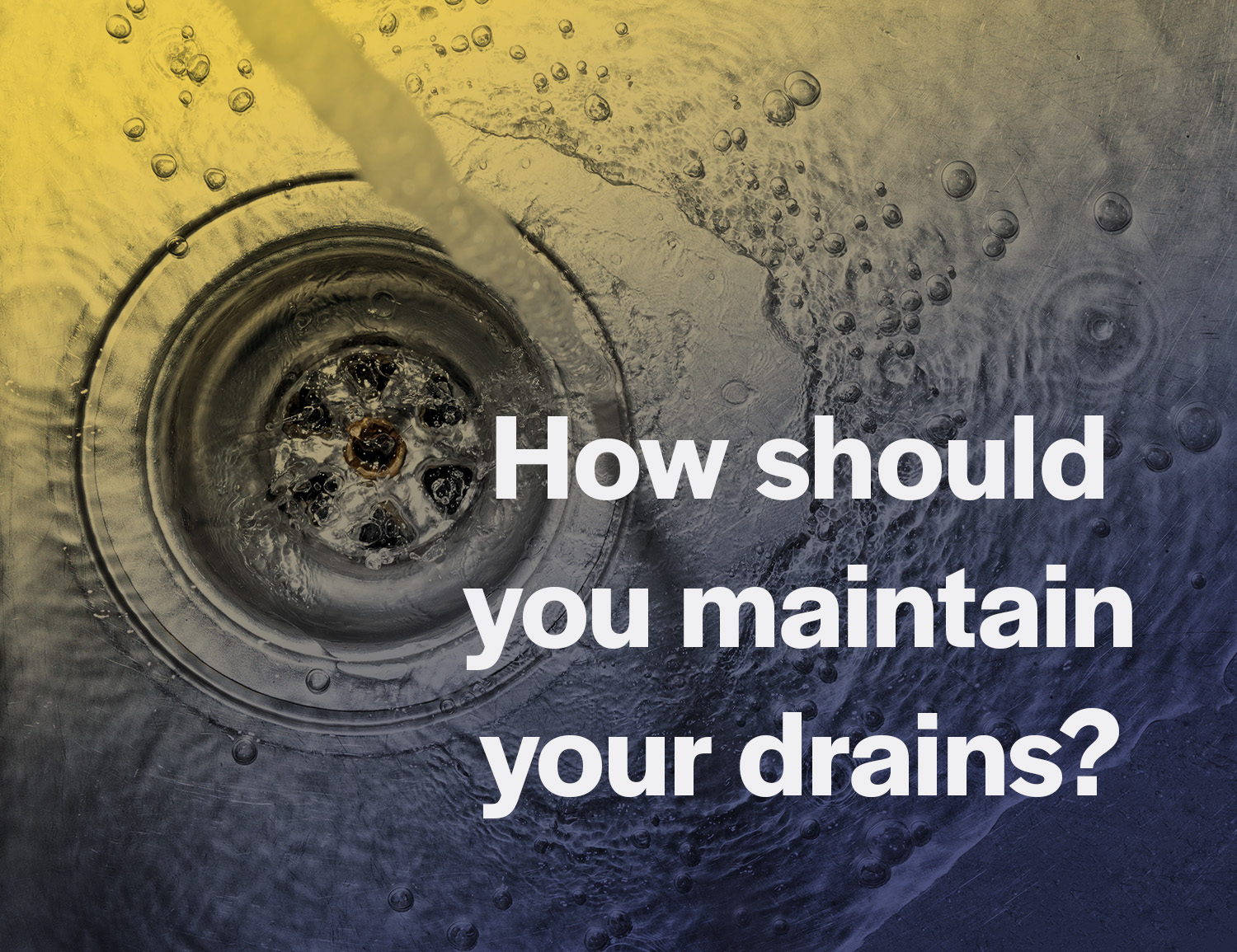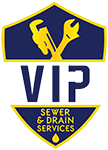
Keeping your drain clean, following best practices, and being mindful of how you use your plumbing fixtures daily will significantly aid in the prevention of messy clogs, leaks, and costly repairs to ensure that your plumbing system operates smoothly. But with so many self-proclaimed professionals and misinformation floating freely on the internet, it can be hard to decipher just how exactly you should maintain your drain system. But fret not! Here at VIP Sewer and Drain Services, we are experienced, trained, and licensed plumbing professionals with a comprehensive guide, on the importance of drain maintenance, common causes of clogs, and practical tips to keep your drains in tip-top condition.
Understanding the Importance of Drain Maintenance
Your drain’s primary responsibility is to carry used water and waste away from your home and into the sewer main line. Without a properly working drain system, all the waste would accumulate in your pipes, and fixtures and overflow into your property. In case that doesn’t paint a clear enough picture – a neglected drain system can become a breeding ground for bacteria, and mold, resulting in foul odors emanating from your sinks and drains. This in turn attracts bugs and rodents and can lead to extensive water damage in your home that can even impact the structural integrity of your property.
The most common culprit of drain issues are drain clogs that start out as innocent and inconspicuous but when neglected quickly grow into more severe blockages and leaks. As drains get used every day, over time it’s natural that debris, grease, soap scum, and other substances can accumulate in your pipes, leading to slow drainage and eventual blockages. For this reason, routine maintenance is so important to help clear these buildups and keep your drains flowing freely.
Common Causes of Drain Clogs
1. Hair and Soap Scum
In bathrooms, a common cause of drain clogs is the accumulation of hair and soap scum. Most soaps found in your shower likely contain oils and substances that leave residue in your drains and easily bind with hair, forming stubborn clogs that impede water flow.
SOLUTION: Use drain screens and catchers. Install drain screens or catchers in sinks, showers, and tubs to trap hair, soap scum, and other debris before they enter your pipes. Empty these catchers regularly to prevent clogs.
2. Grease and Food Debris.
In the kitchen, grease and food debris are frequent culprits for drain clogs. All to often kitchen drains, especially when equipped with a garbage disposal, get neglected and treated like a garbage shoot. When cooking oils are poured down the drain, they can solidify and create blockages. The same applies to coffee grounds and starchy foods that can easily accumulate in your drains and cause a nasty clog.
SOLUTION: Dispose of grease properly. Avoid pouring cooking oils and grease down the drain. Instead, let them cool and solidify before disposing of them in the trash. Know what should NOT go down your garbage disposal:
- Stringy foods such as banana peels, celery, pumpkin etc.
- Bones
- Coffee Grounds
- Egg Shells
- Fruit pits
- Pasta
- Onion skins or Potato peels
- Oatmeal
- Nuts
It’s important to always turn your water and disposal on before adding anything down the drain and run cold water for at least 15 seconds after using the disposal. Cold water will keep materials in a solid state, ensuring that they get grounded up and completely flushed down the main line.
3. Flushing Foreign Objects
Just like your sink and tub drains, your toilet deserves some respect too. Small objects and debris can accidentally find their way in the toilet. Children’s toys, jewelry, and other items can easily obstruct pipes. Even products that claim to be flushable such as sanitary wipes, are better off in the trash bin. Cotton swabs, dental floss and the paper towels should never ever get flushed down your toilet.
SOLUTION: Educate household members about what should and shouldn’t be flushed. As a rule of thumb do not to flush anything other than human waste and toilet paper down your toilet.
4. Tree Roots Invasion
Tree roots can be tempted to creep inside your pipes or septic tank where they sense the water, nutrients, and oxygen they need to thrive. Once they find their ways inside your pipes they can quickly grow and spread. Have you ever seen tree roots lift sidewalks and concrete blocks? A PVC or cast iron pipe is childsplay for a hungry root ready to sprawl out.
SOLUTION: If you have trees near your sewer lines, consider professional tree maintenance to prevent roots from infiltrating your pipes. Strategic tree planting and setting up root barriers can also minimize the risk of root-related issues. For more details read our guide on How To Remove And Prevent Tree Roots From Getting Into The Sewer Line.
Practical Tips for Drain Maintenance
As we mentioned above, it’s natural that over-time debris, grease, soap scum, and other substances can accumulate in your pipes just like dust gathers on your furniture. To prevent the situation from getting out of control, it’s important to follow a good annual plumbing maintenance plan and ensure your plumbing system receives the attention it needs all year long. As seasons and outside conditions change, the needs of your plumbing system do as well.
Good drain maintenance includes scheduling a regular, professional drain-cleaning service. Doing so will not only maintain your drain in good condition but also save you money in the long run.
But even with good maintenance, accidents and emergencies can still happen. To avoid being blind-sighted it’s a good idea to have contact information to a plumbing professional you trust and feel comfortable with. When faced with a time-sensitive emergency, making the right decision can be difficult as this often requires time and research – a luxury most emergencies don’t allow for. This can leave you in a vulnerable position. To avoid this, take time in advance to do your research and get to know the companies in your area. Calling a plumber for a routine maintenance service can give you a chance to test the waters and decide if this is a plumbing professional you would want to call in case of an emergency.
Maintaining your drains is a crucial aspect of home ownership that often goes overlooked until serious problems arise. By understanding the importance of drain maintenance, recognizing common causes of clogs, and taking preventative measures, you can keep your plumbing system in optimal condition. Regular cleaning, proper disposal practices, and professional assistance when needed will contribute to the longevity of your drains and the overall well-being of your plumbing system.


